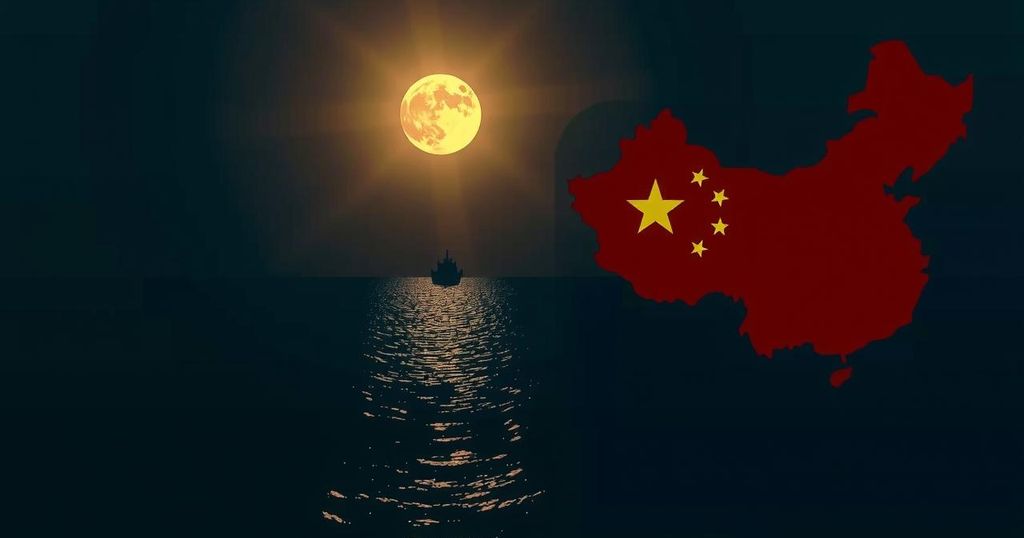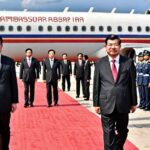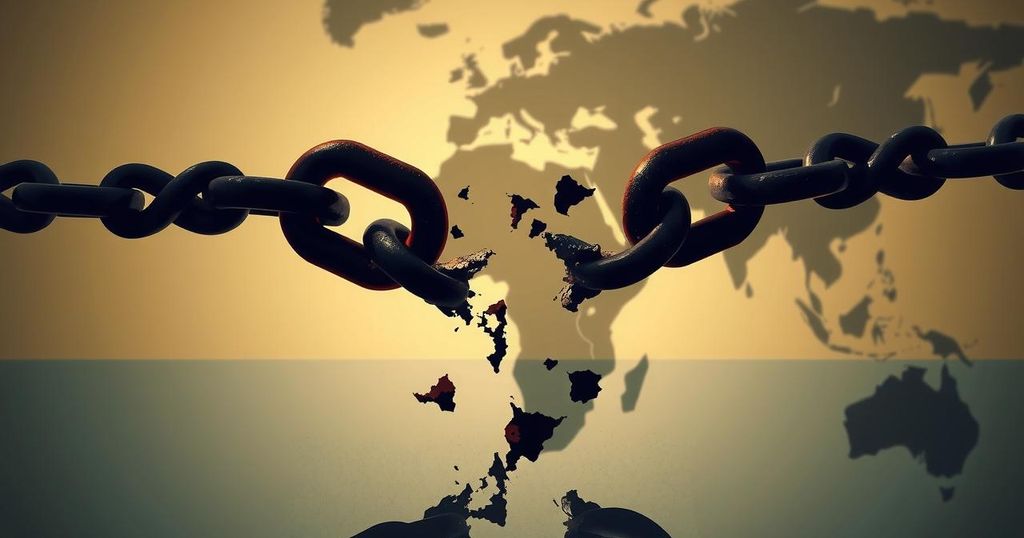Philippines Calls for China to Cease Provocative Actions in South China Sea
The Philippines has formally urged the People’s Republic of China to halt its provocative and perilous actions in the South China Sea following accusations that Chinese forces targeted a Philippine aircraft engaged in routine surveillance. Specifically, the Philippine South China Sea Task Force has reported that one of its planes experienced harassment from a Chinese fighter jet while conducting patrols near Scarborough Shoal on August 19. This incident, coupled with alleged flare deployments by the Chinese fighter that endangered the operational safety of the aircraft, prompted condemnation from the Philippine authorities.
In an official statement, the interagency task force emphasized that such aggressive maneuvers threaten regional stability and tarnish China’s reputation in the international sphere. The aircraft, belonging to the Bureau of Fisheries and Aquatic Resources and supported by the coastguard, plays a critical role in monitoring illegal fishing activities within the Philippines’ exclusive economic zone.
Furthermore, China recently asserted that its military had executed countermeasures against two Philippine military aircraft for allegedly encroaching on Chinese airspace over Subi Reef, a site transformed into a highly militarized outpost by China. This incident occurred amidst a backdrop of escalating tensions in the South China Sea, a vital corridor for global trade where both countries have accused each other of deploying aggressive maritime tactics.
Despite having established a framework in July to address maritime disputes cooperatively, incidents such as these reflect a deteriorating trust between the nations, raising concerns of potential conflict that might involve the United States, a long-standing ally of the Philippines. China’s sweeping claims over the South China Sea have been previously dismissed as lacking legitimacy by an international tribunal in 2016, reinforcing the Philippines’ stance in territorial claims that are concurrently contested by other Southeast Asian nations including Taiwan, Malaysia, Indonesia, Vietnam, and Brunei.
China has also been fortifying its claims through the construction of artificial islands equipped with military assets, while expressing objections to the military activities of the United States and its allies in the contested maritime area, which it perceives as a threat to regional peace.
In conclusion, as tensions rise in this strategically important region, the Philippines’ bold call for China to recognize the principles of peace and diplomacy becomes increasingly relevant to maintaining order in the South China Sea.








Post Comment